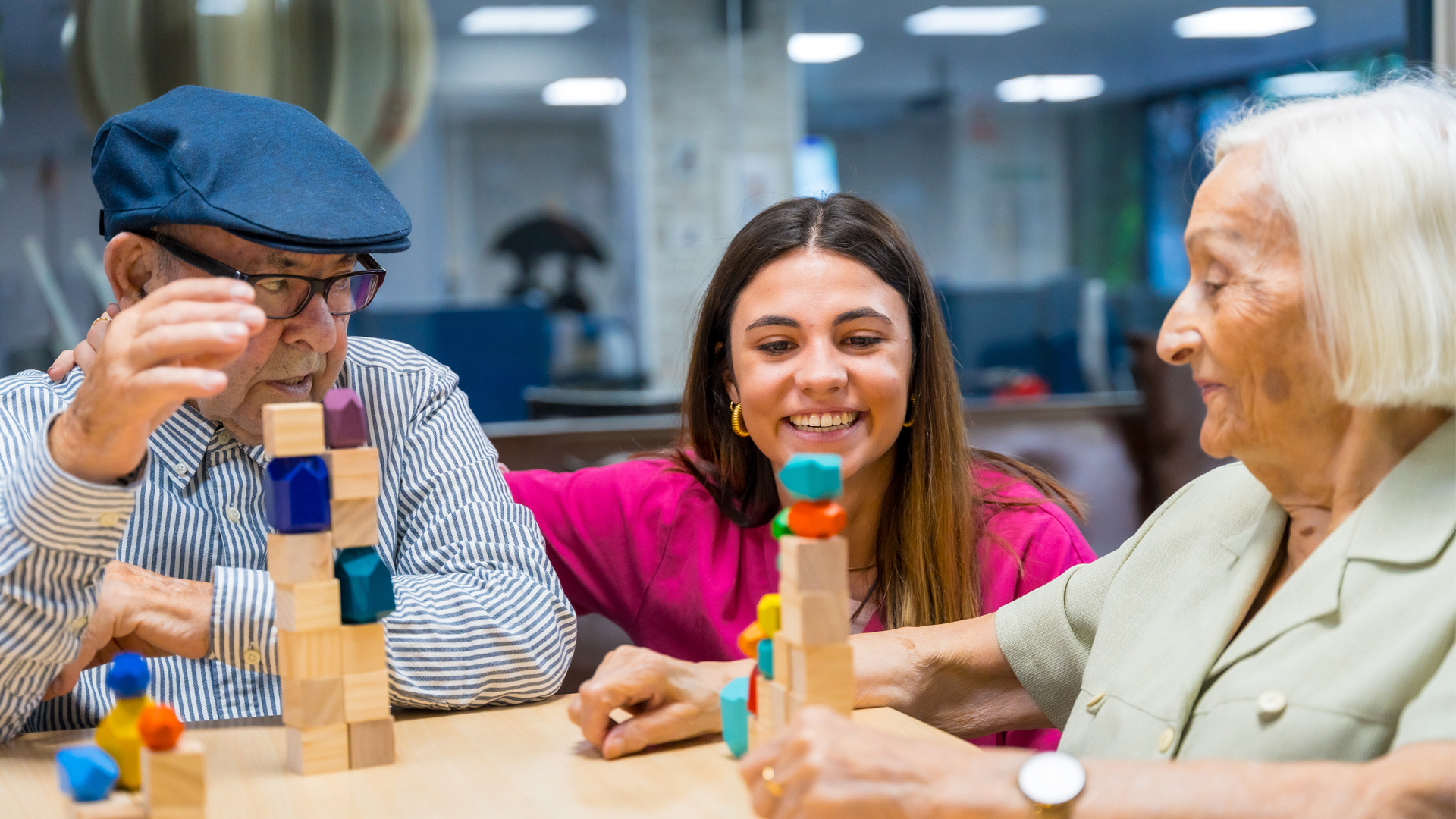If your parent receives a dementia diagnosis, you have several things to worry about – one of which is that you might inherit this illness. Seeing a loved one struggle with simple everyday tasks is enough to make anyone wonder about their future.
Does Dementia Run in Families?
Nearly all dementia cases result from a complex disease. In these circumstances, genes may make it more likely that you will have dementia, but they don’t directly cause this condition.
Because Alzheimer’s disease and other types of dementia frequently occur in people in their late 70s and 80s, having a parent, grandparent, or sibling with this illness may increase your risk compared to the rest of the population, but does not guarantee you will have dementia.
However, if your loved one develops early-onset dementia, there’s a chance it may be hereditary. Scientists have found rare genes that cause Alzheimer’s in only a few hundred extended families worldwide. These genes, which account for 1% or less of Alzheimer’s cases, can cause familial early-onset forms in which symptoms usually emerge between a person’s early 40s and mid-50s.
Vascular dementia is usually not something you can inherit, but specific genes that run in your family may increase your chances of developing impaired circulation in your brain. For example, if you have a family history of high blood pressure, diabetes, strokes, and heart disease, you can take proactive steps to lessen your odds of having vascular dementia later in life.
How to Reduce Your Dementia Risk
Getting older is the most significant risk factor for dementia, and nothing can halt the natural aging process. Still, you can take proactive steps to decrease your chances of experiencing cognitive decline.
1. Get More Exercise
Physical activity is excellent for both physical and mental wellness. If you have a mostly sedentary lifestyle, start with light activity and gradually dial up the intensity as your fitness level increases. Choosing a workout style you enjoy makes it more likely you will stick with it.
2. Eat a Balanced Diet
The foods you choose may reduce your risk of dementia and other conditions such as cancer, diabetes, obesity, stroke, and heart disease. A balance of fresh produce, lean proteins, and whole grains should provide the nutrients you need to fuel your daily activities and keep you feeling younger for longer.
3. Don’t Smoke
Smoking substantially increases your risk of developing dementia and other illnesses later in life. Cigarettes have hundreds of toxic chemicals that affect your health, especially your circulation. The earlier you stop smoking, the more damage you can avoid.
4. Stay Mentally Engaged
Mental challenges like crossword puzzles and sudoku can relieve stress, improve your mood, and stave off dementia. Anything that stimulates your brain and pushes your cognitive abilities can help reduce your risk.
Allowing Your Loved One to Age in Place
At Legacy Homecare LA, we focus on helping older adults maintain their independence while honoring the lives they’ve built. Our highly trained Care Companions will help you and your family manage conditions like Alzheimer’s, dementia, and Parkinson’s, tailoring our approach to your loved one’s needs and personality. Our team is here to help when you are ready to learn more.






